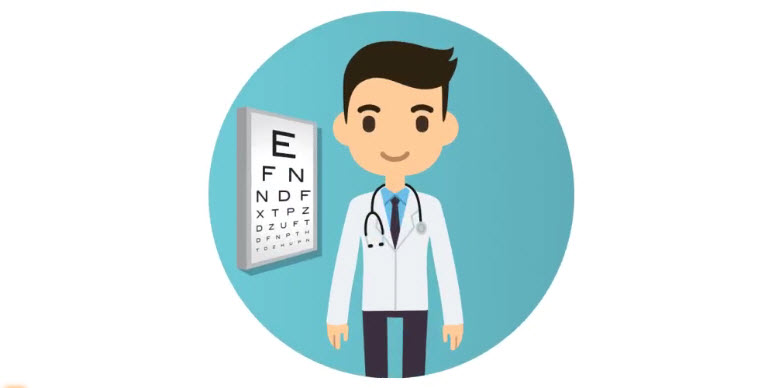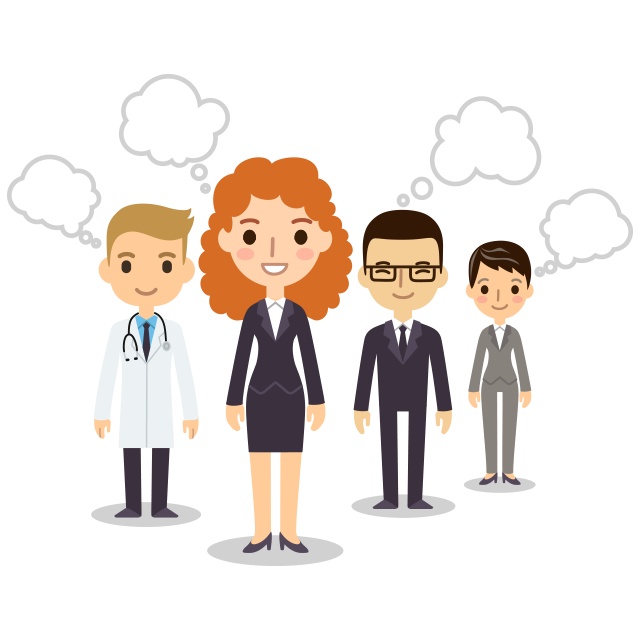Automatic language translation
Our website uses an automatic service to translate our content into different languages. These translations should be used as a guide only. See our Accessibility page for further information.

Decision-making is a common part of our lives. We decide where to live? What to buy? When to go to the doctor? What support we need? Who we vote for? Do we marry? Who will be our phone provider? gas provider? Electricity provider? Decision-making gives us control over our lives.
Think about all the decisions you have made so far today, for example when to get out of bed, what to wear and eat, what to do, where you might go and what transport might be needed. Ask yourself:

Now, think about the complexity of those decisions and ask yourself:
Now, think about the people who influenced your decisions and ask yourself:
Think of the concerns you had when making the decisions.
Lastly, think about how you would feel if someone made those decisions for you.
Making decisions is empowering and shapes who we are. We all have differing skill in making decisions and have learned how to make decisions over time and by experience. Sometimes we make decisions on our own and at other times we involve others for advice or support.
But, not everyone gets the chance to make their own decisions, particularly people with a disability, who are sometimes presumed not to be capable of making their own decisions. Such assumptions are a breach of their human rights.
Note: The choices are examples only and not exhaustive lists.
Last updated: